Business Hotels in Lancashire – Your Guide to the Best Corporate Stays
Planning a work trip to Lancashire? You need a place that lets you focus on meetings, stay comfortable, and still enjoy a bit of local flavor. Business hotels in the county combine reliable Wi‑Fi, quiet workspaces, and easy transport links, so you can be productive without wrestling with slow internet or noisy rooms.
Most travelers assume a business hotel is just a plain room with a desk, but the best options add extra perks that save time and money. Think on‑site meeting rooms, complimentary breakfast, and a 24‑hour lounge where you can grab a coffee between calls. When you book early, you also lock in lower rates that beat last‑minute deals.
Why Choose a Business Hotel?
First, the internet matters. A strong, wired connection beats shaky Wi‑Fi, especially if you need to upload large files or join video calls. Look for hotels that advertise “high‑speed broadband” or provide a dedicated work desk with power outlets.
Second, location cuts down commuting. Hotels near the M6, A59, or central train stations let you reach offices, conference venues, and the airport in minutes. If your schedule includes client dinners, pick a place within walking distance of popular restaurants.
Third, on‑site services keep you from hunting around town. Many Lancashire business hotels offer printing, fax, and even secretarial support. A ready‑made business centre means you can finalize contracts without leaving the building.
Top Features to Look For
Quiet rooms. Sound‑proof walls and blackout curtains help you rest after a long day. Ask for a “quiet floor” if you’re a light sleeper.
Flexible meeting spaces. Small huddle rooms for two‑person chats or larger conference halls for presentations are a plus. Check if the hotel provides projectors, whiteboards, and video‑conference tools.
Breakfast and meals. A solid breakfast buffet gives you energy for early meetings. Some hotels also have on‑site restaurants with business‑friendly menus, making lunch decisions easy.
Loyalty programs. If you travel often, join the hotel’s rewards scheme. Points can upgrade rooms, add free nights, or give you access to executive lounges.
Transport options. Look for hotels that offer shuttle service to the airport or nearby business parks. A complimentary car park is useful if you’re driving.
To get the best deal, compare rates on the hotel’s own site and on third‑party booking platforms. Often the hotel’s direct booking page adds perks like free parking or a late checkout that you won’t find elsewhere.
Finally, read recent guest reviews. Travelers who mention “fast Wi‑Fi” and “helpful staff” are usually a safe bet for business trips. If a review lists slow internet or noisy corridors, steer clear.
With these tips, you can pick a Lancashire business hotel that keeps you productive, comfortable, and ready to enjoy the county’s scenery when the workday ends. Happy travels!
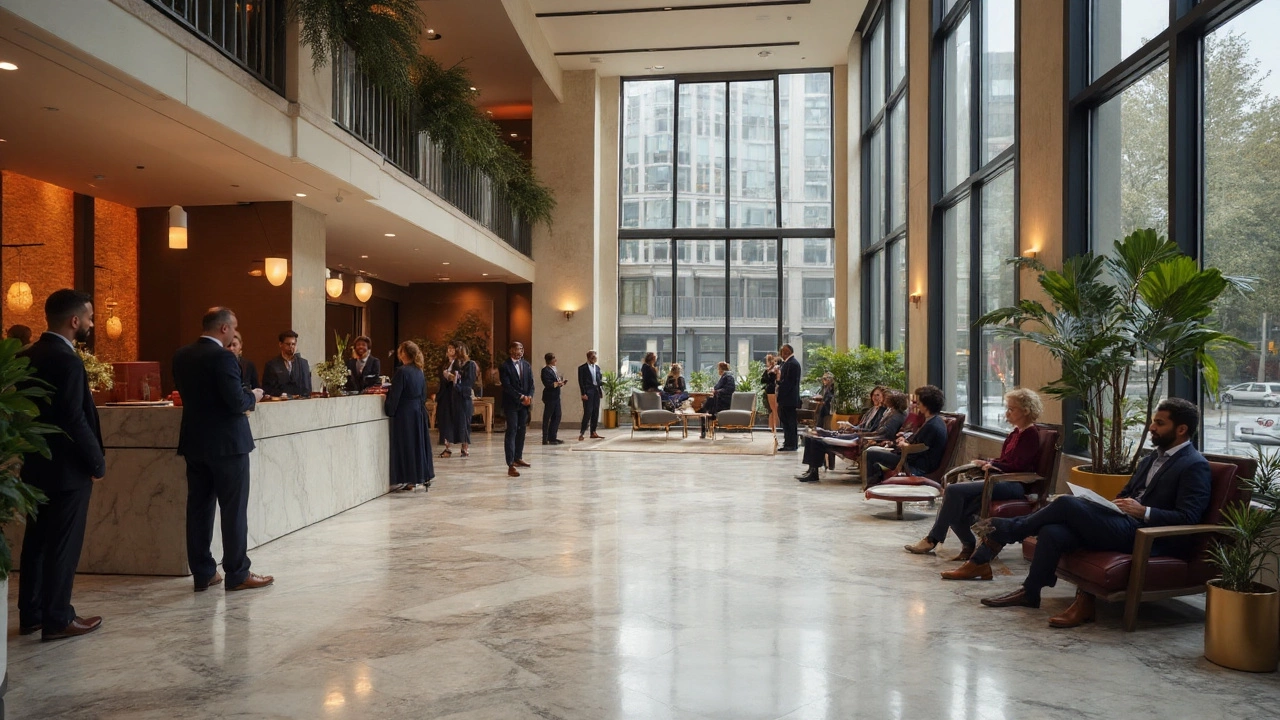
Corporate Hotels Explained: Business Travel Accommodation, Services & Perks
Everything you want to know about corporate hotels: what they are, who stays there, what makes them different, and the perks for business travelers.
Continue Reading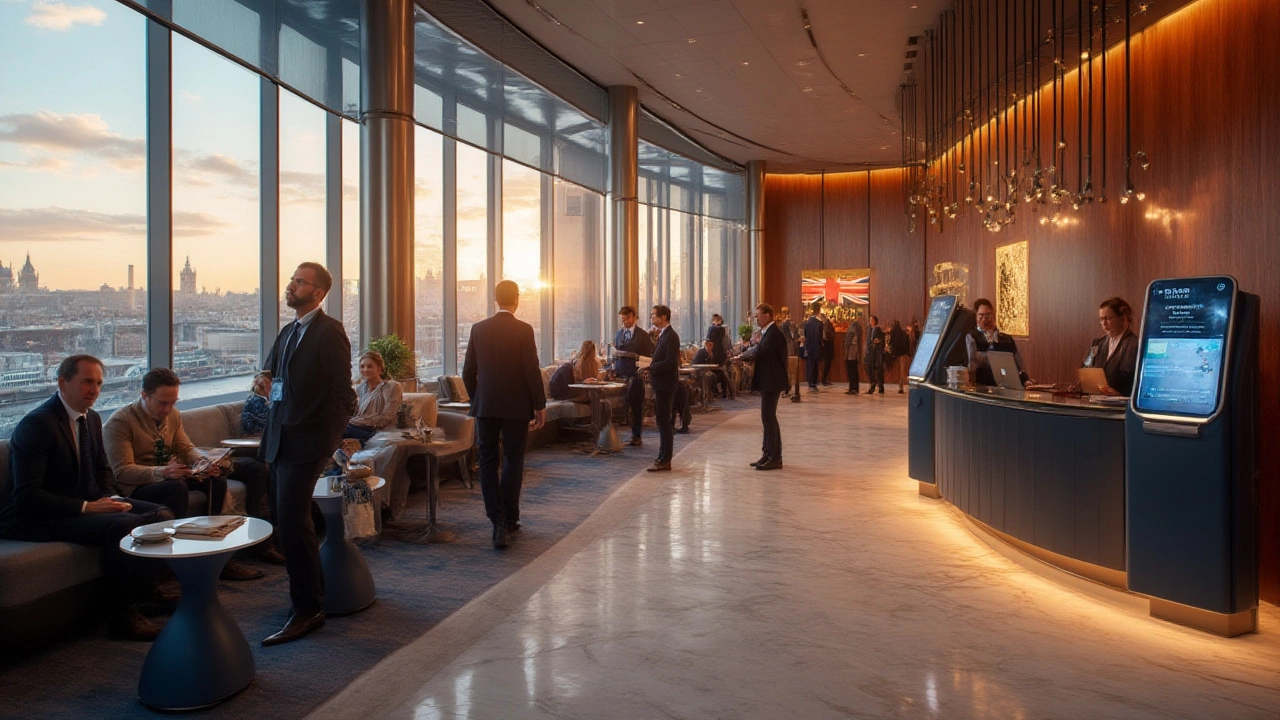
Why Business Hotels Matter: Essential Amenities for Modern Work Travel
Learn why business hotels are the backbone of corporate travel. Explore their must-have amenities, tech, comfort, and tips for picking the perfect work stay.
Continue Reading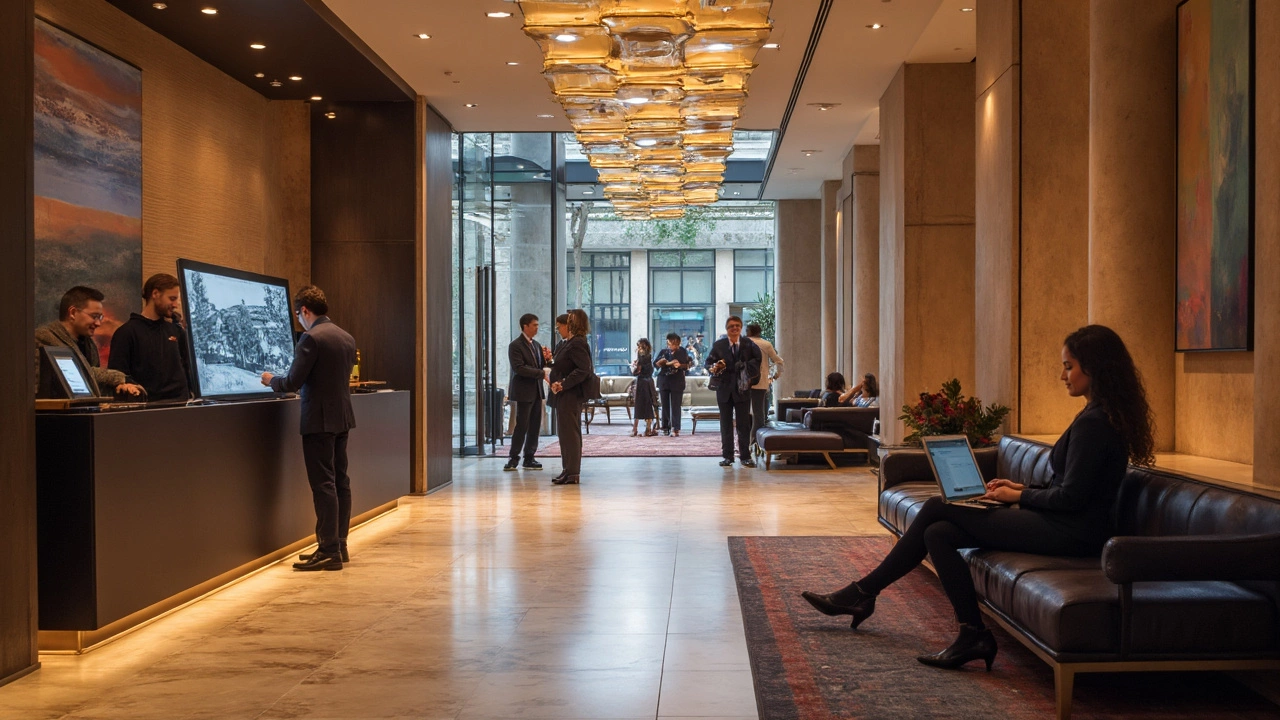
The Real Goal of a Hotel Business
Hotels aren't just about providing a place to sleep; they aim to create experiences that linger in guests' minds long after their visit. In the business hotel sector, goals revolve around more than just filling rooms. Discover how cutting-edge amenities, strategic locations, personalized service, and sustainable practices come together to shape a successful hotel business. We explore what sets leading hotels apart and how they adapt in a rapidly changing market.
Continue Reading
Difference between Business Hotels and Boutique Hotels
Business and boutique hotels cater to different needs, offering unique experiences for travelers. Business hotels focus on convenience and amenities for work-related stays, while boutique hotels offer personalized, stylish environments. Understanding the differences can help travelers choose the ideal accommodation for their needs. This article explores the key distinctions, interesting facts, and tips to help make informed decisions.
Continue Reading
Business Hotels vs. Resorts: Key Differences Explained
Exploring the differences between business hotels and resorts can help travelers make informed choices based on their specific needs. Business hotels primarily focus on providing amenities tailored for working professionals, such as meeting rooms and high-speed Wi-Fi. In contrast, resorts offer leisure-focused services, including recreational activities and all-inclusive packages. Understanding these distinctions ensures that travelers select the right type of accommodation for their purposes, whether for work or relaxation.
Continue Reading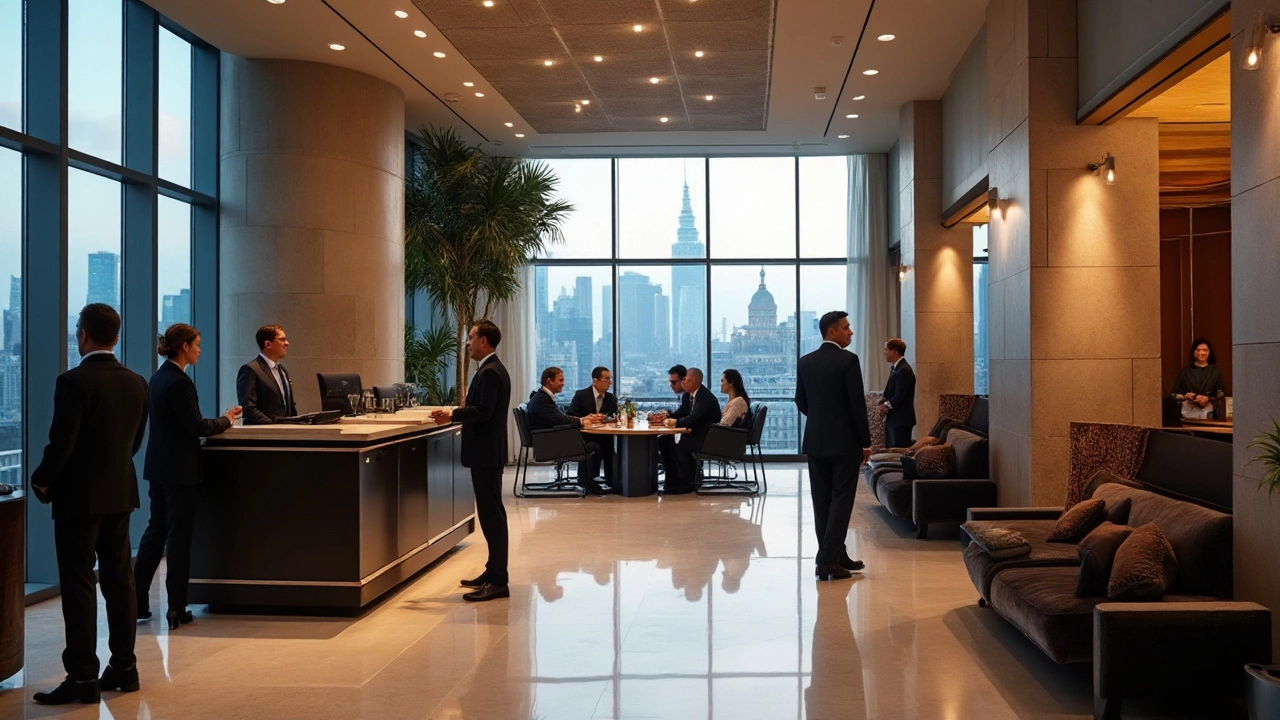
Understanding the Role of Business Hotels in Modern Hospitality
Business hotels, also known as commercial hotels, cater specifically to corporate travelers and their unique needs. These establishments offer services like conference rooms, workspaces, and high-speed internet to facilitate business activities. Located in city centers or business districts, they ensure convenience and accessibility for meetings or events. Despite their primary focus, many business hotels also provide leisure amenities for a well-rounded stay.
Continue Reading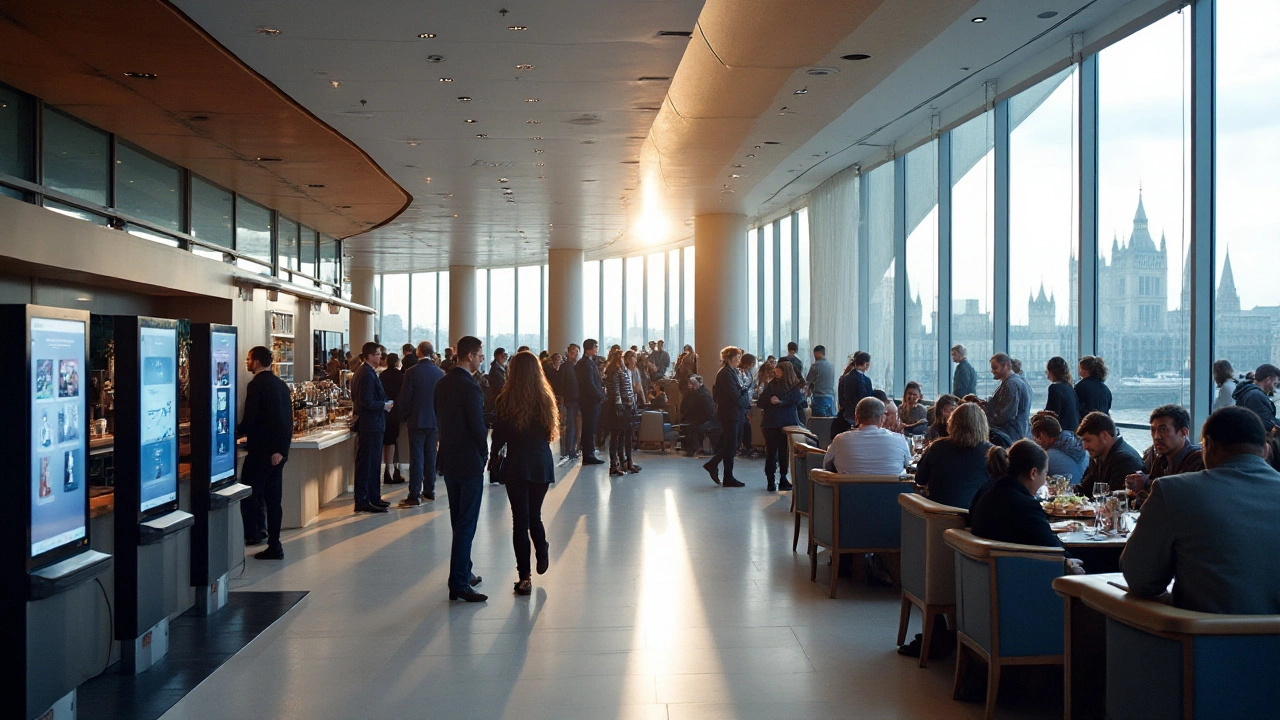
Unveiling the Unique Elements of Successful Business Hotels
Business hotels thrive by incorporating unique elements that cater to the distinct needs of their clientele. From personalized services to strategic locations, these hotels offer an experience tailored to professionals. Understanding the dynamics that set business hotels apart involves examining factors like technological innovations, design aesthetics, and local partnerships. The ability to adapt and foresee the future needs of travelers keeps these hotels at the forefront of the hospitality industry.
Continue Reading